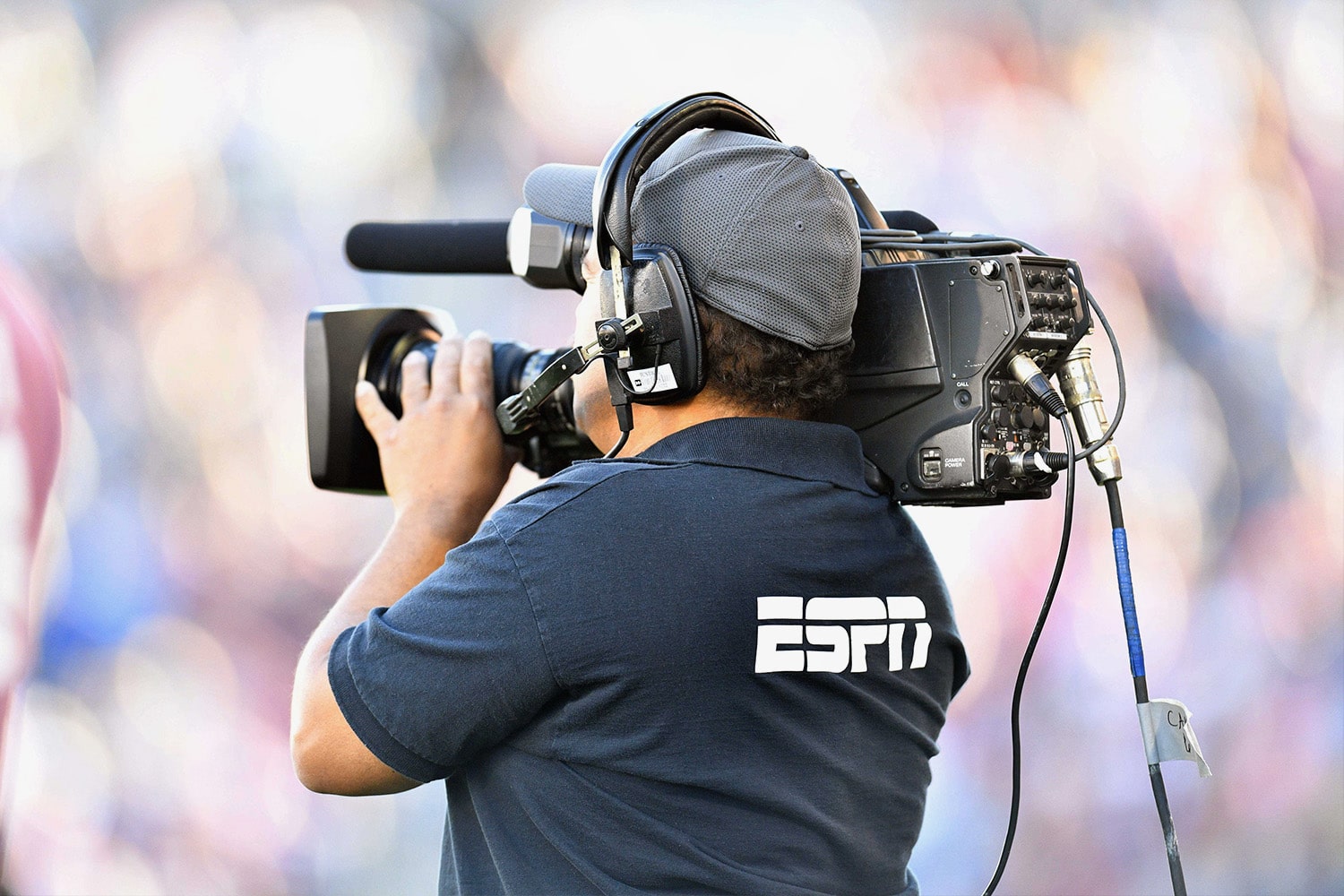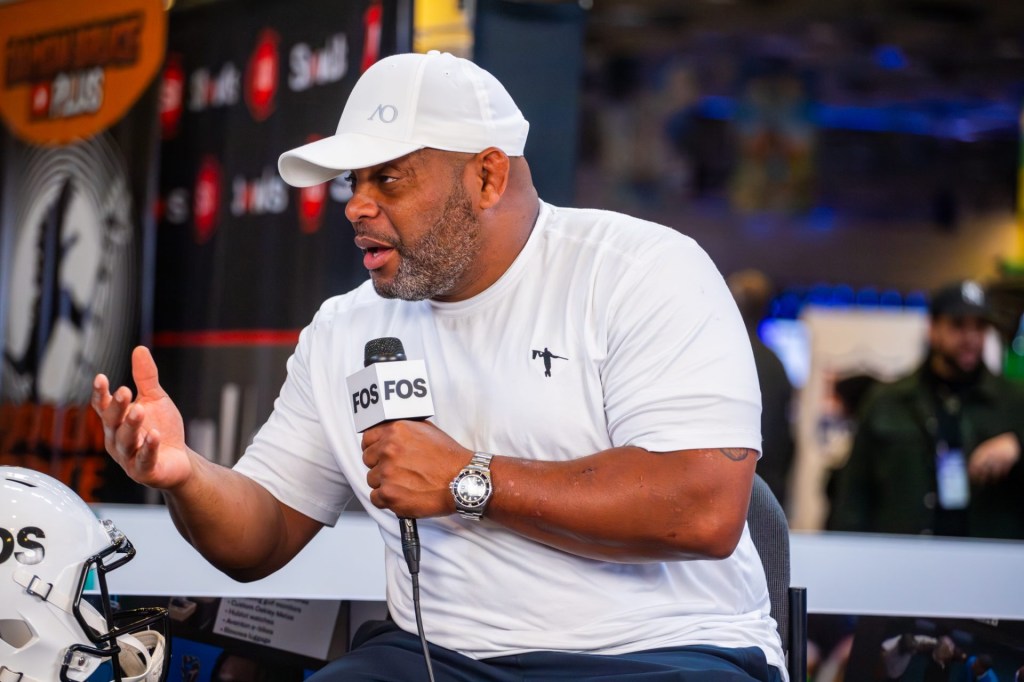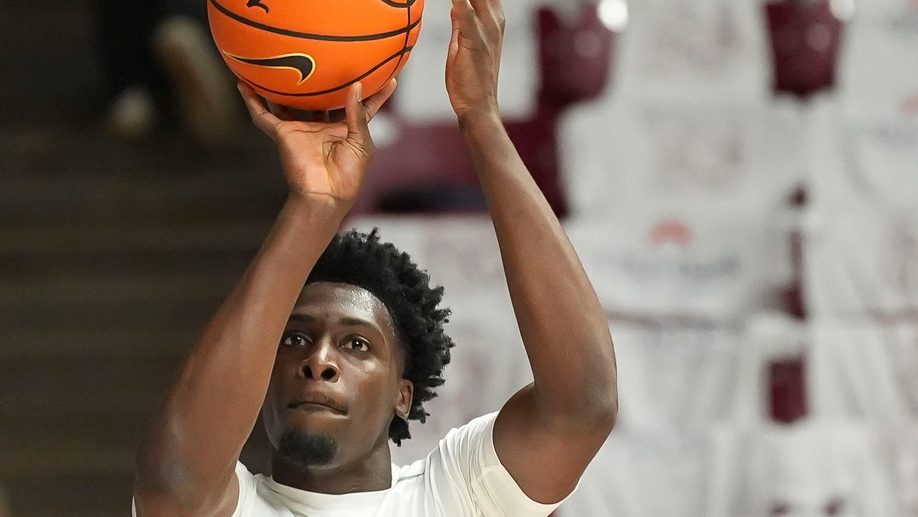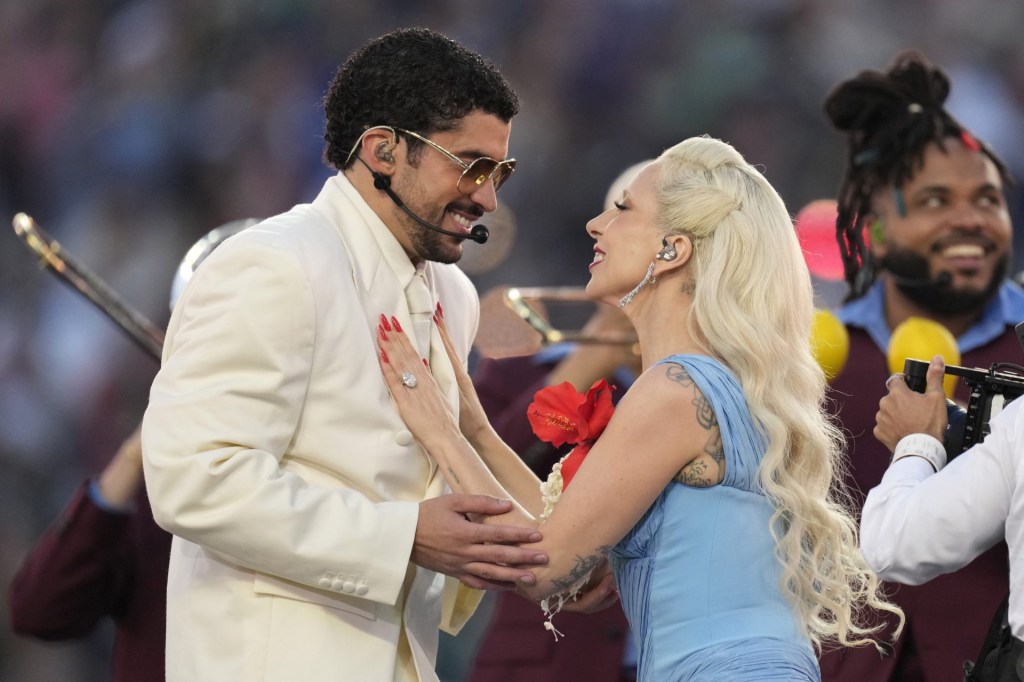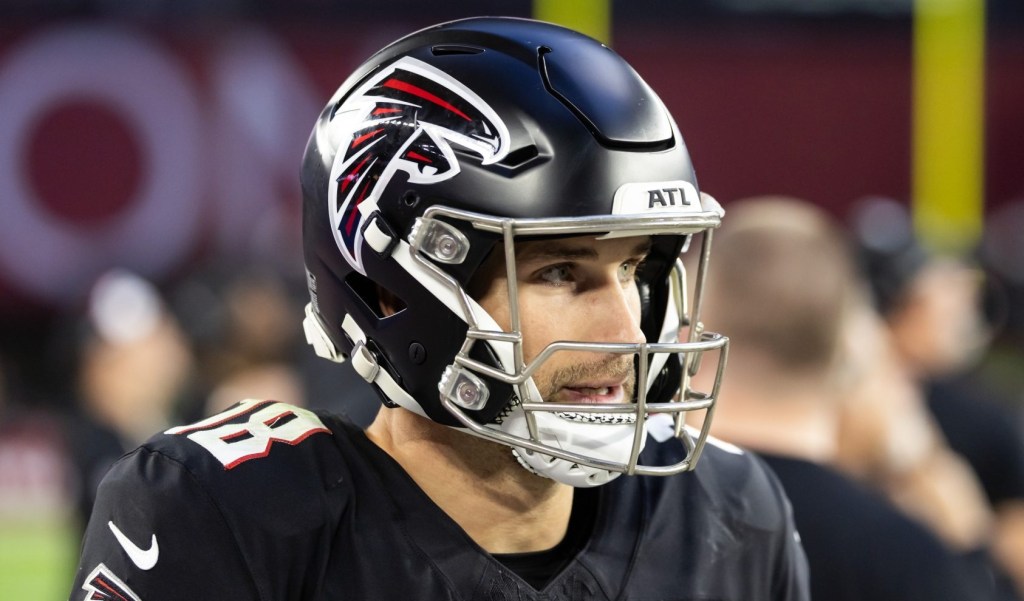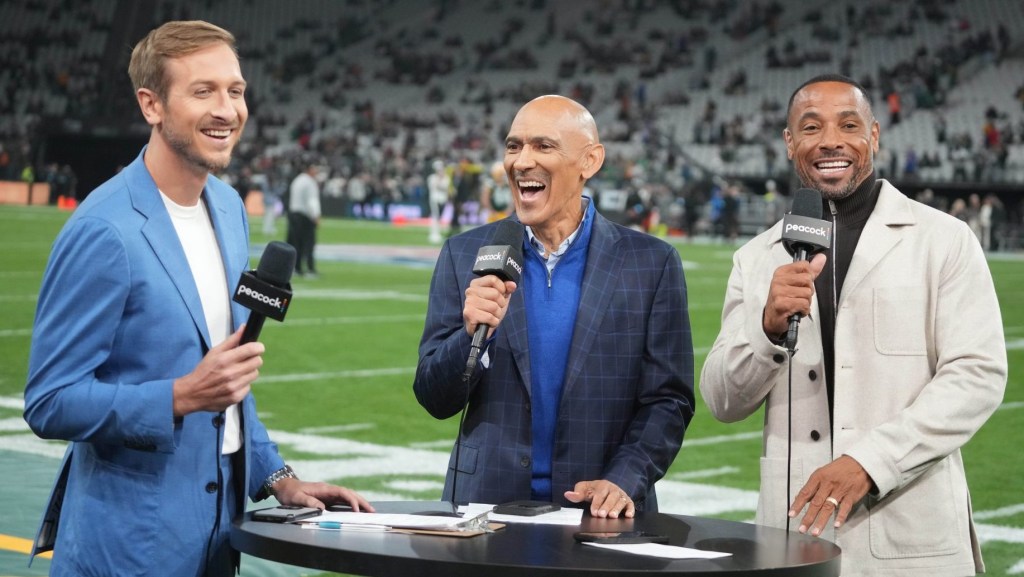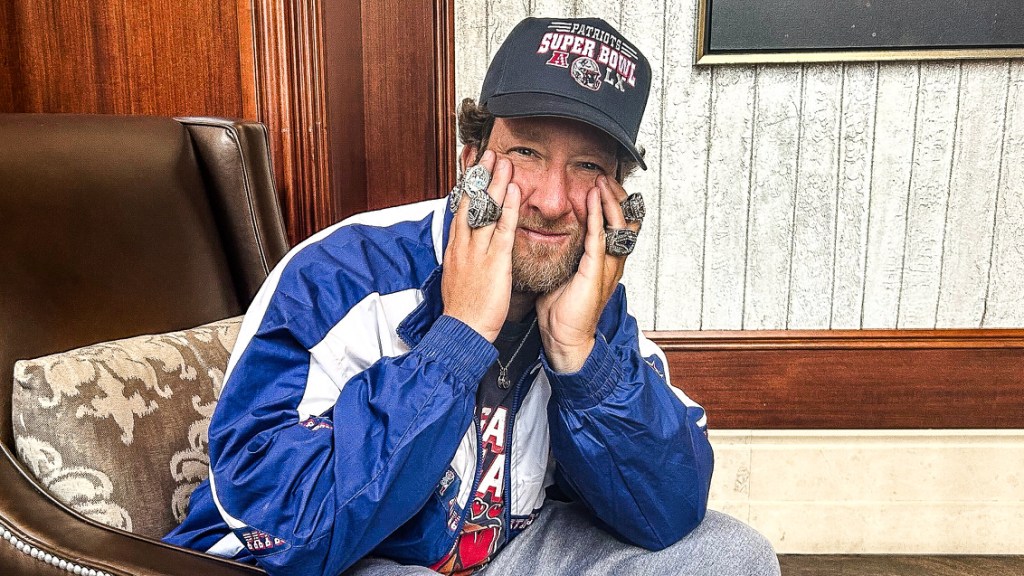Just as Disney-owned ESPN has unveiled its new direct-to-consumer service, the company is legally challenging another streaming product that could undercut that effort.
Disney filed suit late Tuesday in U.S. District Court in New York against Sling TV parent company Dish Network, taking issue with the latter’s newly announced “Day Pass” offerings, which provide short-term access to a set of channels that includes ESPN and ESPN2. The networks are being marketed in Sling TV packages in a 24-hour block for $4.99, a weekend option costing $9.99, and a weeklong one for $14.99.
Each would appear to directly compete against the new ESPN DTC offering, which costs $29.99 per month on an unbundled basis. More specifically, though, Disney alleges the new “Sling Orange” set of offerings runs afoul of their existing distribution agreement and was introduced without prior notification or agreement. A normal Sling TV subscription starts at $45.99 per month.
“Sling TV’s new offerings, which they made available without our knowledge or consent, violate the terms of our existing license agreement,” Disney said in a statement. “We have asked the court to require Dish to comply with our deal when it distributes our programming.”
Sling TV, in its own statement, was dismissive of Disney’s allegations.
“We are aware of what has been filed and believe Disney’s lawsuit is meritless,” the company said. “We will vigorously defend our right to bring consumers a viewing experience that fits their lives, on their schedule, and on their terms. We are excited about our new pass subscriptions and the overwhelmingly positive response we’ve received from fans looking for simple, affordable ways to enjoy the content they love.”
Disney also moved to have the case filed under seal, and as a result, further details from the complaint have not surfaced.
Broader Framework
The new Sling TV packages, in a certain sense, bring the company back to some of its more disruptive origins more than two decades ago. Sling Media originally formed as a producer of the Slingbox, a device designed to cast locally based cable signals across the internet. Programmers originally decried the technology as incompatible with geographic restrictions common to television broadcasting, particularly live sports.
Ultimately, though, Dish purchased Sling Media. Within the larger corporate structure, Sling TV steadily became a much more established entity, striking distribution agreements with many major networks.
Disney, meanwhile, has negotiated with several distributors the ability to create skinnier content bundles and allow consumers more choice in tailoring programming, including with Charter and DirecTV. This latest battle, however, involves something quite different and positions Disney as a legal plaintiff, instead of a defendant, as was the situation in the ultimately resolved Fubo dispute.
